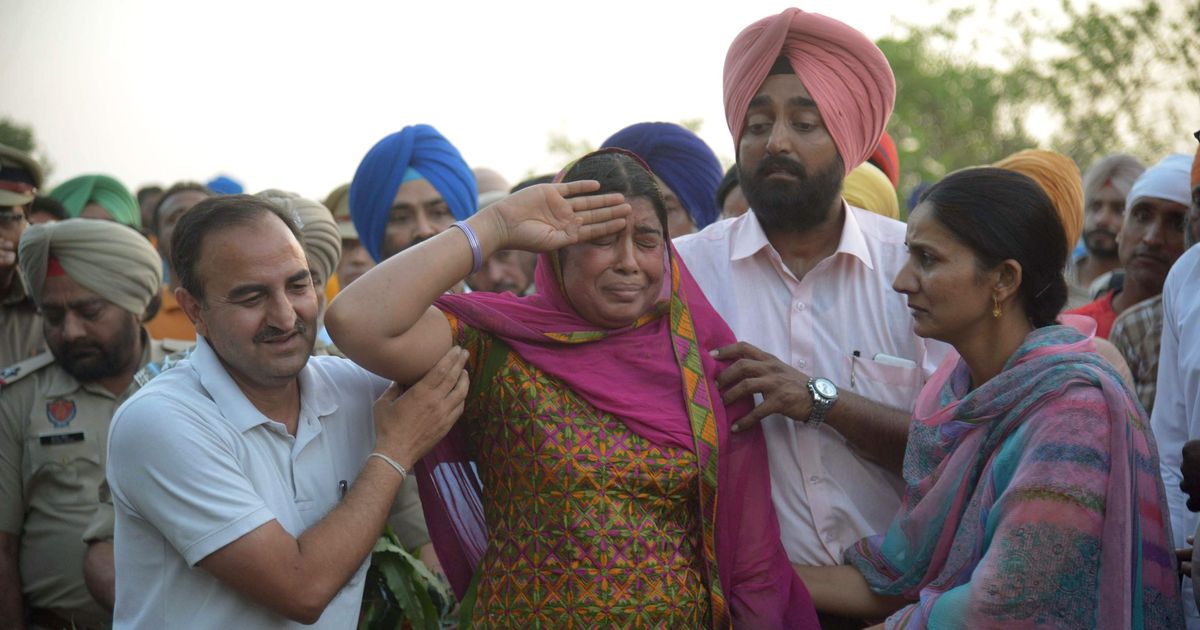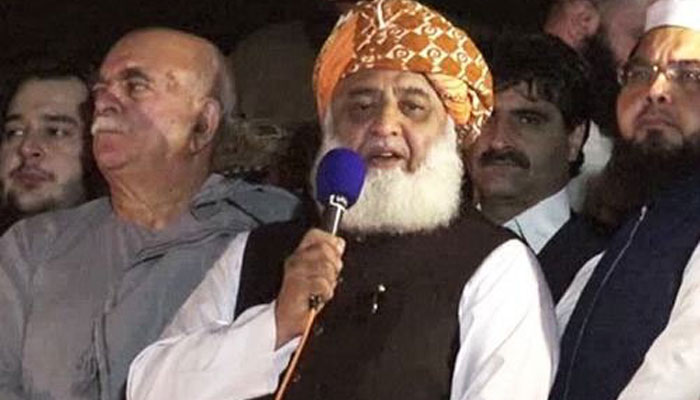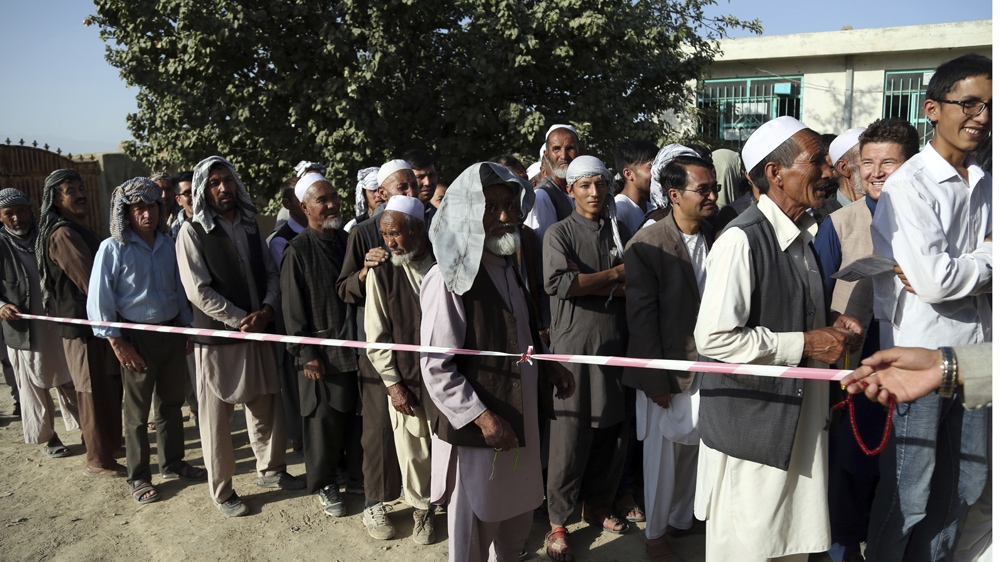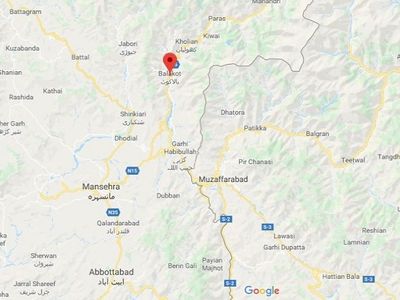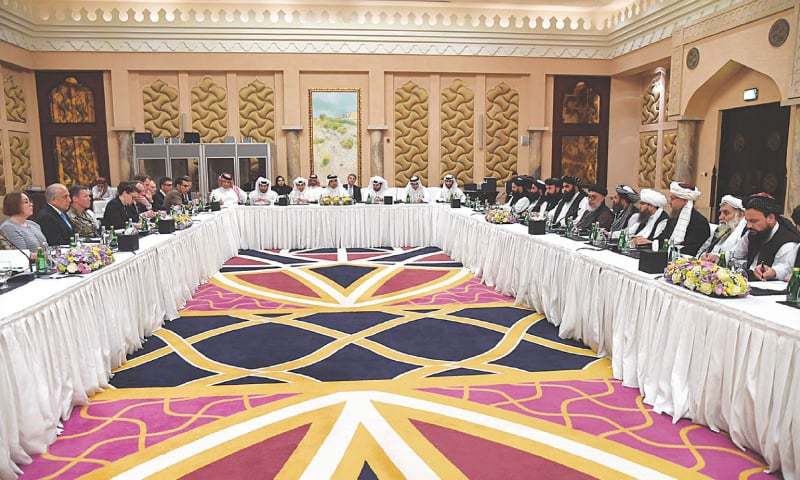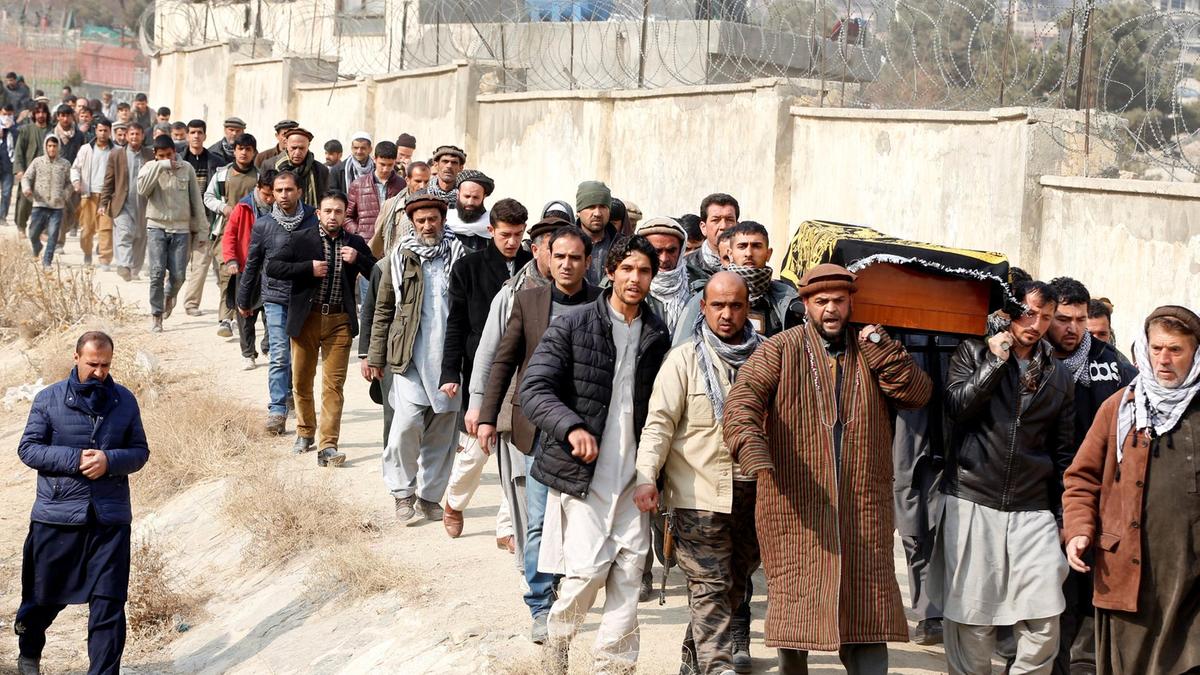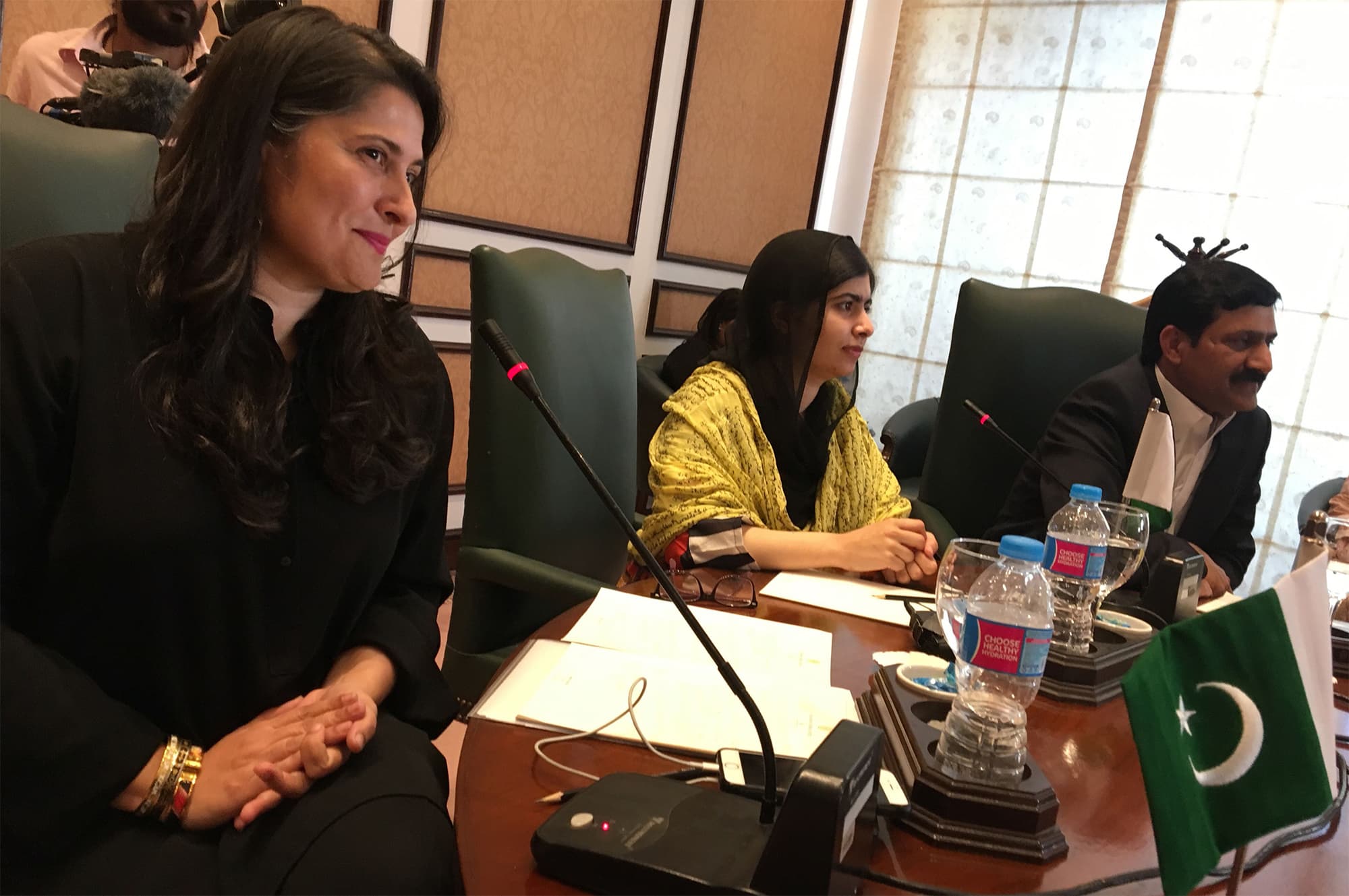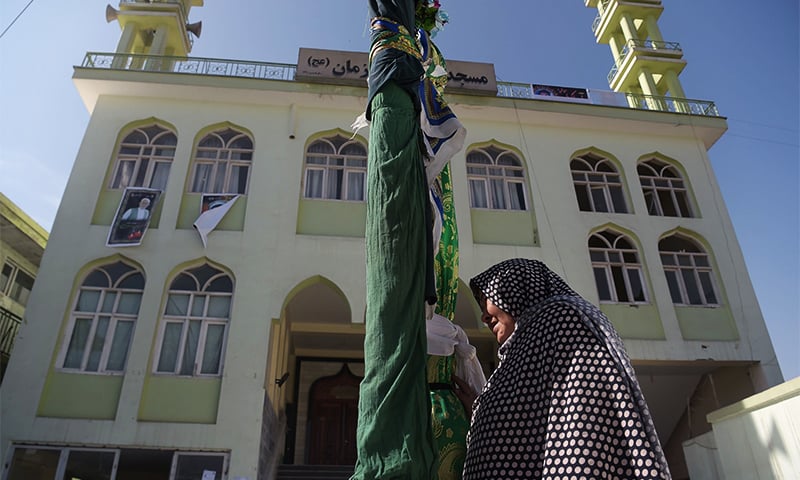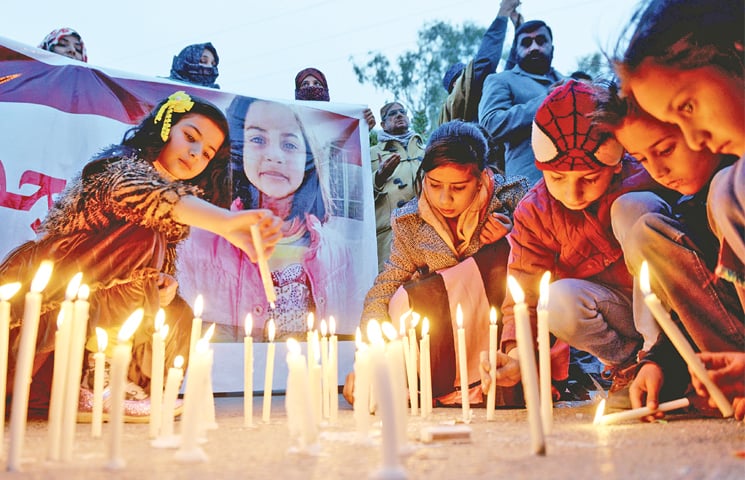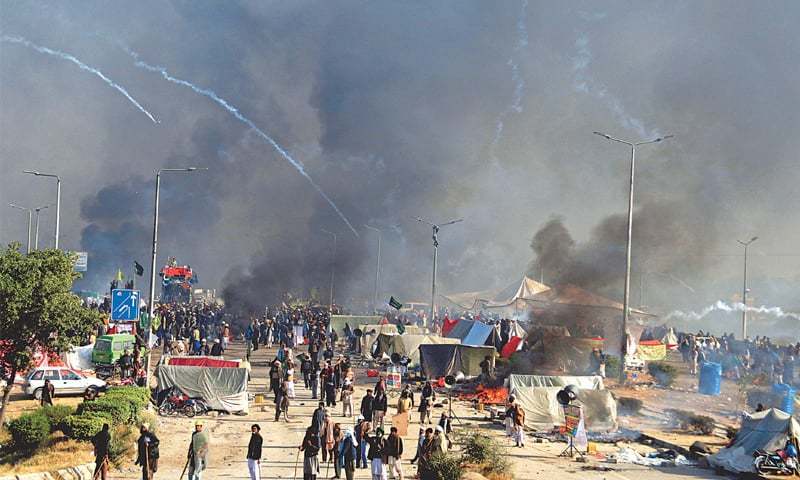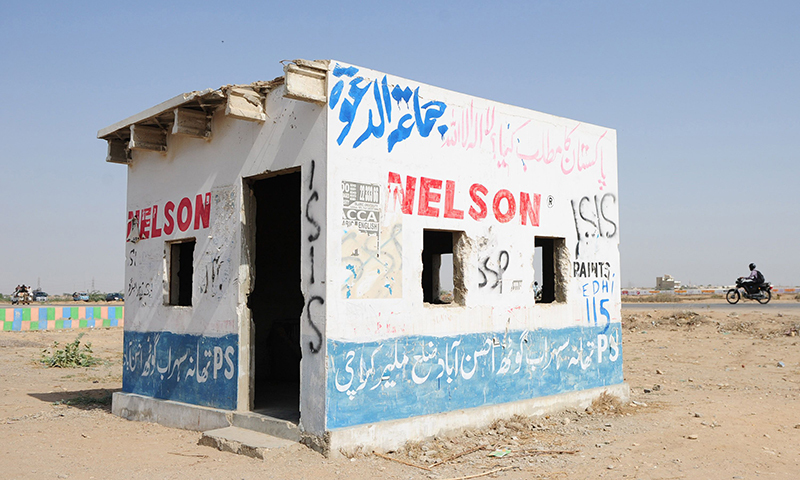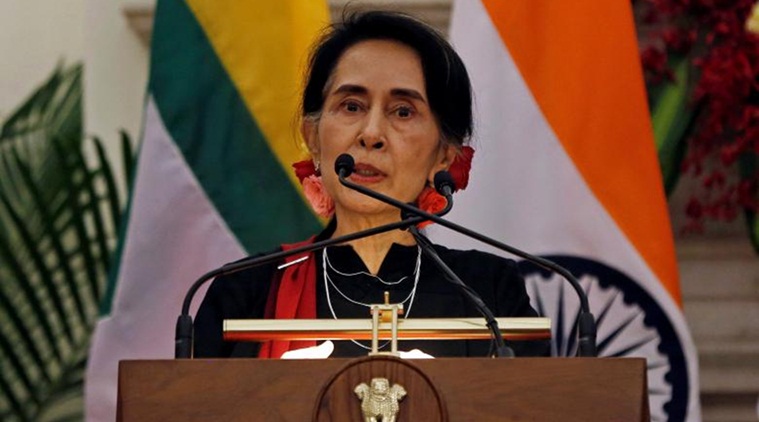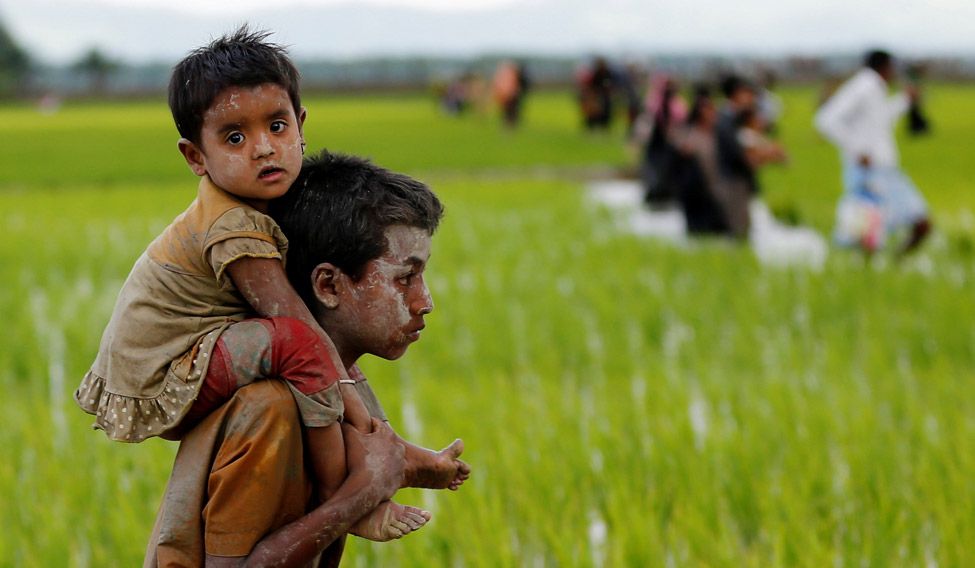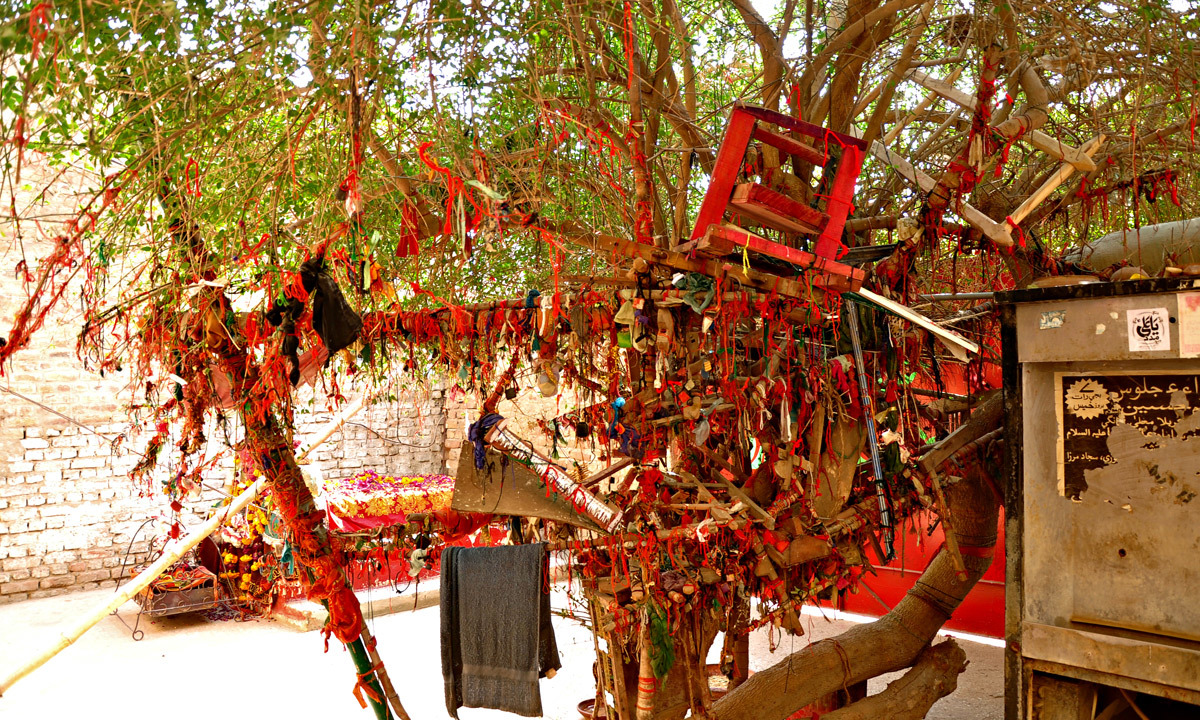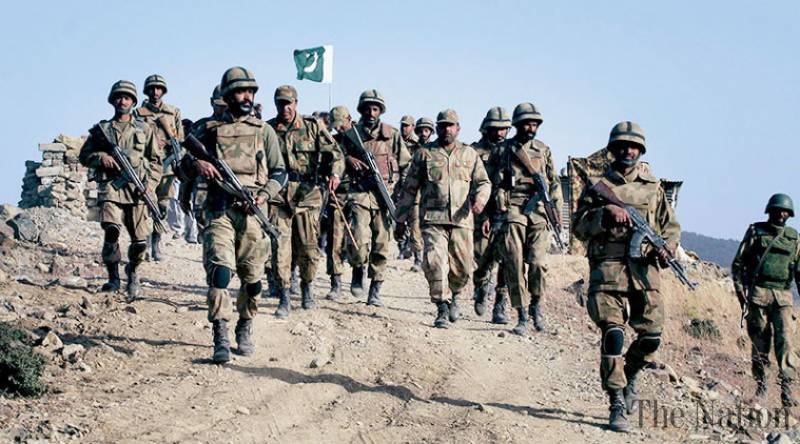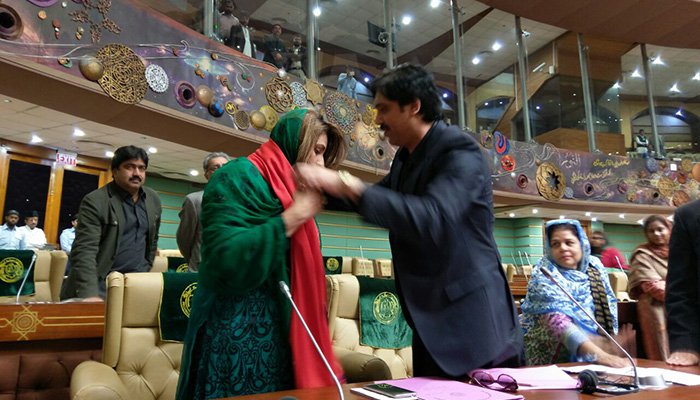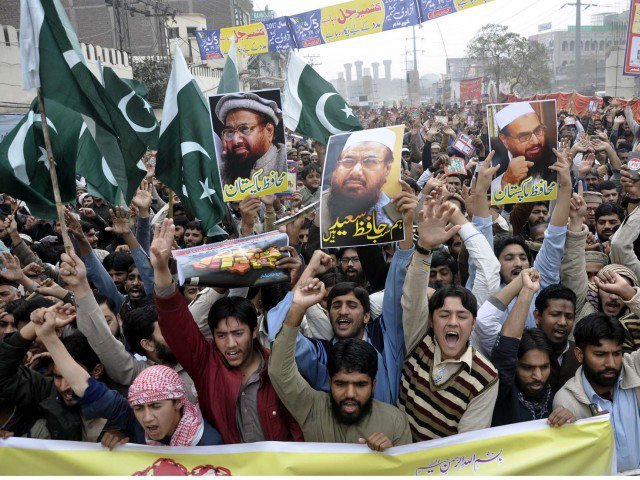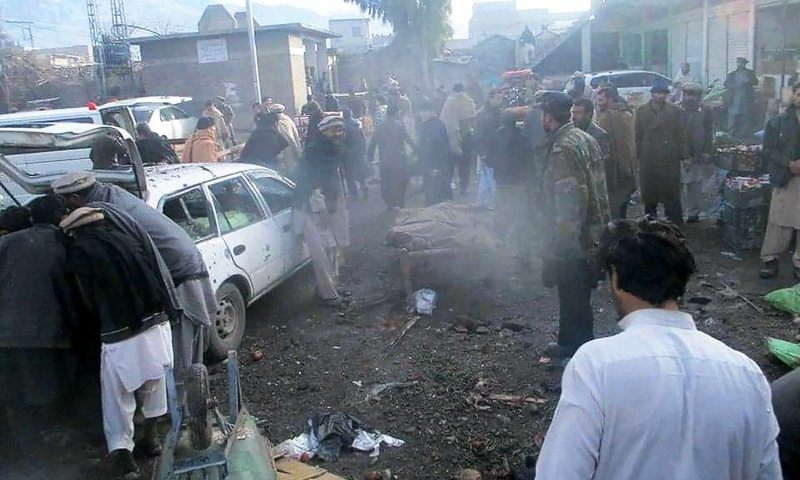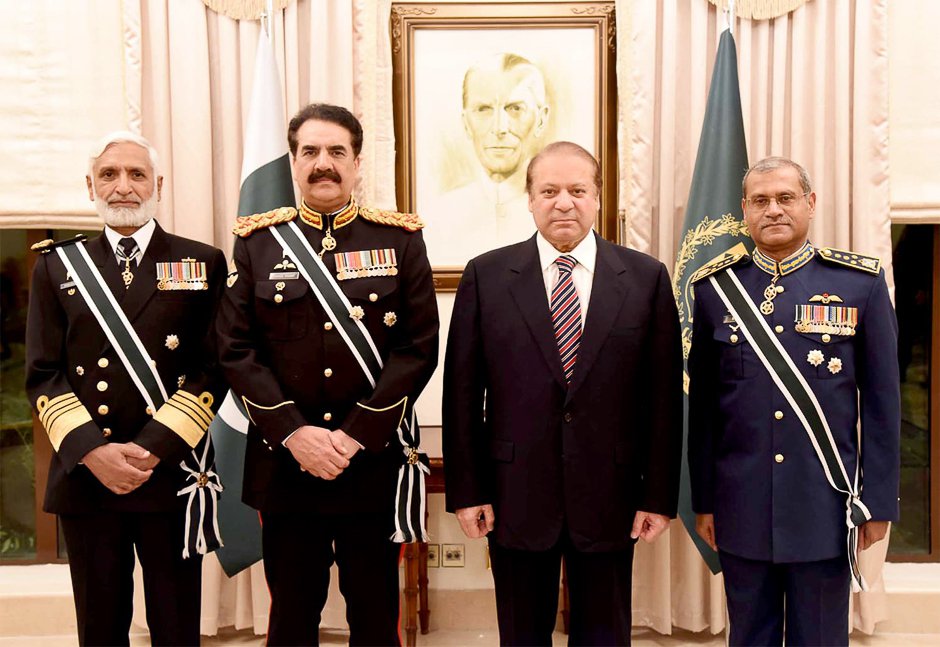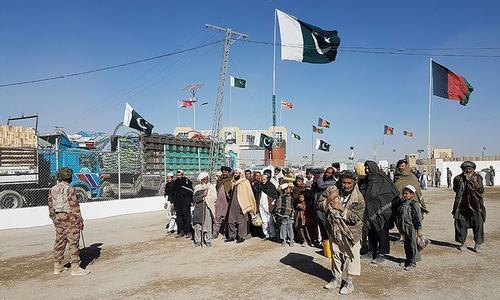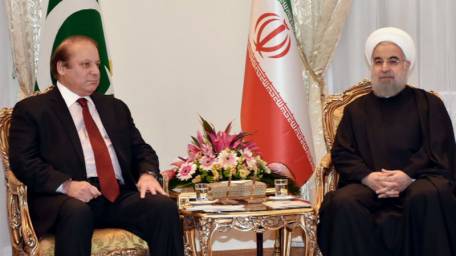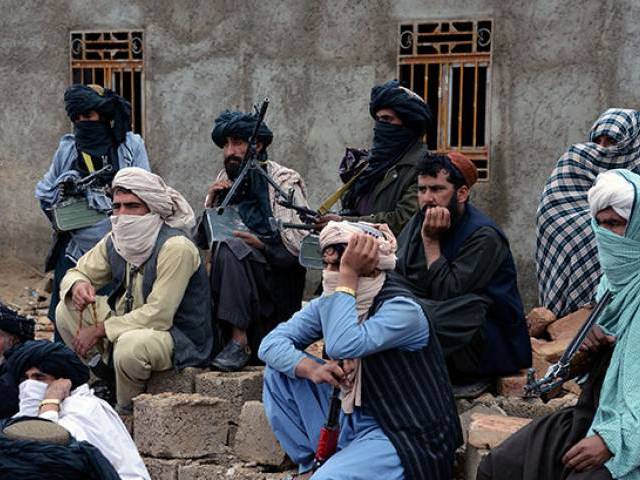
Today there exists a new collective public sentiment against Saudi Arabia in the US. The Khashoggi murder has only triggered this sentiment.
Conflict Reader # 55, 1 November 2018
CR Analysis
D. Suba Chandran
Professor
International Strategic and Security Studies Programme (ISSSP)
National Institute of Advanced Studies (NIAS), Bangalore
The killing of Jamal Khashoggi, a Washington Post columnist from Saudi Arabia has triggered an unexpected set of sentiments and opinions against the Kingdom, especially its Crown Prince Mohammad bin Salman. The regional and international responses seem to be based on long-standing issues vis-à-vis Saudi Arabia and the Crown Prince, than the brutal murder of a dissident, in foreign soil.
The Khashoggi Spring in the US
While the regional responses, especially that of Turkey is significant in the outpour against Saudi Arabia, especially Prince Salman, the real anger against the murder has its roots in the US. Turkey seems to have sensed the American sentiment on the issue and appears to be playing to a gallery.
Why should there be anger in the US over the Saudi Kingdom killing one of its dissident in Turkey? Khashoggi was not an American citizen; nor was he a big name with a more significant following in the US. Khashoggi was neither the first journalist nor the first dissident to be murdered by elements of the State. Why then is there so much of anger amongst the American public, as expressed through the media – electronic, print and social?
Also remember, a section within the US did consider Khashoggi a jihadi sympathiser and closer the Muslim Brotherhood. During the Soviet Jihad era, Khashoggi was in touch with Osama bin Laden, and later, many believe he also had connections with the Muslim Brotherhood. So a section within the US was sceptical of Khashoggi.
How then, one can explain the anger in the US over his murder by Saudi Arabia?
First, the lead taken by the print and electronic media in the US; the fact that Khashoggi was a contributing columnist to the prestigious and widely influential Washington Post had played a role. The leading newspapers of the US, led by the Washington Post and the New York Times led the charge against Saudi Arabia, especially Prince Salman. Numerous editorials and commentaries in the leading American newspapers have mobilized the American public opinion against not only killing, but also Saudi Arabia. Electronic and social media followed.
Second, outside the social, print and electronic media, the most significant charge on Saudi Arabia and Prince Salman has come from the American strategic community. Belonging to multiple research institutions and think tanks of different backgrounds, the strategic community has also mobilized the American public opinion. Their writings in newspapers and magazines, along with their appearances in TV shows have played a substantial role in channelising the American anger in a structured way against Saudi Arabia.
Besides the American strategic community and media, the human rights organizations, and institutes working on peace and conflict issues have used the opportunity to highlight the “Saudi Arabia” problem in the Middle East.
But, how to explain the anti-Saudi sentiment in the US?
A section within the American liberal community considers Saudi Arabia as a brutal and conservative monarchy with less civil rights and access to justice. But that is not the major issue for the anti-Saudi sentiment. It has more to do with the 9/11. Saudi Arabia has failed to appreciate the profound impact that the 9/11 has left within the American psyche; the fact that most of the killers of the 9/11 came from Saudi Arabia has been embedded now profoundly in the American collective conscience.
One of the reasons for the former US President Obama to rework the American strategy towards the Middle East emanated from the above fact. Obama’s Iran approach was a part of the new American push to balance US interests in the Middle East and look beyond Saudi Arabia.
Trump, unfortunately, has changed Obama’s Middle East reset for the US and went back to Saudi Arabia. His first major visit to the region was to Saudi Arabia and has been openly supporting the royal family, including Prince Salman. Trump has thoroughly revamped the American approach towards the Middle East, by making Riyadh as the primary pivot. He placed all the middle east eggs of the US in the Saudi basket.
The strategic community in the US, led by media and the think tanks is not in favour of US approaching the Middle East through the Saudi prism. They have been demanding a balanced approach. There is greater anger within the American strategic community on Trump on this issues.
The Khashoggi murder has provided an opportunity for the above not only to target Saudi Arabia but also demand a revision of American approach towards Saudi Arabia and the greater Middle East. For example, a section has already raised serious concerns on the need for the US to pursue an independent approach towards Yemen and not to look at the conflict through Saudi Arabia.
Finally, a section outside the above categories – the “political puritans” in the US, who would want America to remain independent of outside influence in making crucial domestic and foreign policy decisions. The above section is upset and even angry with the Saudi lobbying in the US. In the past, Riyadh has spent an enormous amount in investing in multiple lobbying firms and also supporting think tanks, research institutions and even Universities. There were reports linking Saudi funds going into American electoral campaign, and lobbying firms approaching Congressmen and Senators to tilt the US foreign policy approach towards the Kingdom.
As a result of the above, today there exists a new collective public sentiment against Saudi Arabia in the US. The Khashoggi murder has only triggered this sentiment.
Turkey and the Regional Politics
If the US has its own anger against Saudi Arabia, Turkey, the next major actor on the issue, has its own axe to grind. Again, as in the case of the US, Khashoggi’s murder has provided an opportunity for President Tayyip Erdogan.
While the Iran-Iraq tensions during the 1980s and the Iran-Saudi Arabia Cold War in the Middle East has been well analysed, the Turkey-Saudi struggle for supremacy has never been adequately analysed or appreciated.
While Saudi Arabia has been attempting to present itself to the leader of Muslim Ummah, by being the custodian of the holy places, Turkey has also been staking the claim to the same. As a descendant to the former Ottoman empire, the modern day Turkey also wants to project its great past and even wants to be the leader of the Ummah.
Added to the above history, is Turkey’s emphasis as a modern, democratic, constitutional and secular Muslim state, thus presenting itself as a distinct alternative to the backward-looking, jihadi supporting and Wahabi led Saudi Arabia.
Erdogan was also not an admirer of Price Salman; the former was cautious, but never shied away from supporting Qatar, when Saudi Arabia imposed the blockade.
So, when the murder took place inside Turkey (though it was within the Saudi Arabian embassy), Erdogan saw this as a great opportunity. Selective leaks from Turkey has been the source of great embarrassment for Saudi Arabia; those behind the killing finally could not hide from the fact that Khashoggi was brutally murdered within the Saudi embassy. Also, the leaks from Saudi Arabia about the identity of killer squad leaving Turkey in separate planes made it clear that they were close to the King and Crown Prince in Saudi Arabia. This has demolished the Saudi claim that it was a rogue operation without the knowledge of Prince Salman.
The Adventurous MbS
Finally, the entire Khashoggi episode could have been avoided had the Prince been less adventurous and more accommodating.
The Kingdom of Saudi Arabia, until MbS was appointed as the Crown Prince, was more run like a royal conglomerate, than a single individual family rule. There was a broader consensus in decision-making amongst the different members of the royal family and their respective families.
Enter Mohammad bin Salman as the Crown Prince. His approaches during the last few years have been defined more as brash and mid-adventurist, than the traditional accommodative within the royal families. Under the anti-corruption drive, he removed many princes from essential positions and appointed his men. Powerful ministries/departments were made either subservient to the Prince, or its heads removed. As a result, there has been an internal divide within the royal family inside Saudi Arabia.
Worse has been the MbS (mis) adventurism towards Qatar and Yemen. While Qatar has successfully managed the Saudi blockade politically and economically, Yemen and Lebanon have become the sore points. Especially the Saudi military campaign in Yemen has resulted in one of the biggest humanitarian crises within the Middle East. MbS is in the middle of a war that he can neither win, nor can walk away. Perhaps, he wants a victory in Yemen so badly, so that he could strengthen his position further within Saudi Arabia. Iran is unlikely to let MbS have this success; so both the countries are engaged in a direct and proxy war in Yemen.
Prince Salman could have ignored Khashoggi; his murder has created more problems to MbS than his writings and interviews. Perhaps, he miscalculated, as he had miscalculated Qatar. And Yemen.
Besides the domestic divide, Prince Salman will have to face an assertive region and growing anti-Saudi sentiments in the US. The regional and global responses to the Khashoggi murder should be an eye-opener for him. Will he learn?
